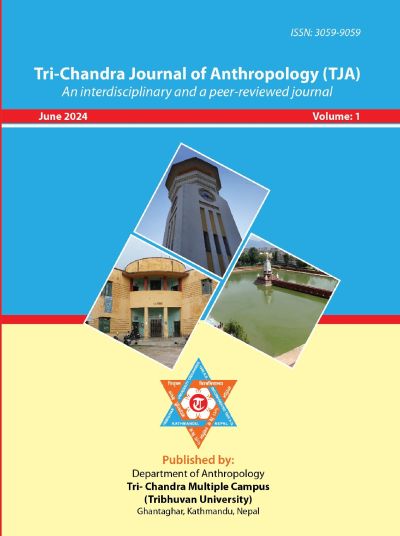Driving Factors Affecting the Migration of Young Nursing Care Professionals from Pokhara in a Globalized World: A Hospital Ethnography
DOI:
https://doi.org/10.3126/tja.v1i1.67955Keywords:
Aspirations, out-migration, kuragraphy, globilization, transnational migration, brain-drainAbstract
Due to unfulfilled expectations in local health-care industry, the participating nurses working in private hospitals in Pokhara were willing to migrate abroad where their aspirations could be met. The irritation, worry, and unhappiness with their career were revealed by the focused-group discussion, in-depth interview, and kuragraphy methods utilized in this study among young nurses in Pokhara. Some of the nurses had already registered for overseas studies and jobs while still working in hospitals and awaiting their visas. As globalization has stimulated the movement of people, the concept of globalization in association with neo-classical and new economic theory of migration, transnationalism, neoliberalism and world-systems from an anthropological standpoint has been applied to analyze the reasons of participant nurses to migrate where the study found that the main reasons for them to migrate were low pay, an uncertain future, a lack of career opportunities, job pressure, and the trend of out-migration. These competent nurses desired to work in core nations have considered semi-periphery as a secondary option. Through the stories of young nurses, this study exposes the dire condition in Nepal’s health-care industry which is motivating nurses to relocate in destination countries resulting brain-drain.




